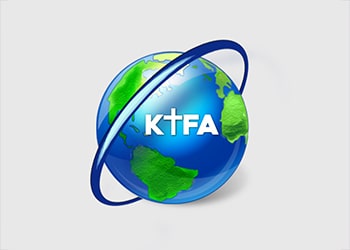Iraq Plans Currency Redenomination Amid Economic Challenges
ERBIL — The Central Bank of Iraq (CBI) has announced that discussions regarding the project to remove zeros from the Iraqi dinar are ongoing, with assessments continuing. The bank also noted a reduction in reliance on the US dollar for trade transactions.
Ali Mohsen al-Alaq, Governor of Iraq’s Central Bank, stated that the bank is facing global economic challenges, such as rising energy and raw material prices.
To address these issues, it has amended some monetary policies in line with the international situation, aiming to increase confidence in the Iraqi dinar and prevent a significant decline in its value.
The central bank has also increased its holdings of foreign currency and gold reserves to enhance the country’s financial stability and its ability to cope with economic crises in any situation, he added.
Many countries remove zeros from their currencies to revalue the national currency and facilitate financial transactions. This process involves eliminating a certain number of zeros from the nominal value of the currency, making it less inflationary and more stable.
Earlier this year, the Iraqi federal government decided to postpone a plan to remove three zeros from the nominal value of its currency notes, citing that the current economic climate is not suitable.
Last year, the central bank indicated plans to redenominate the Iraqi dinar to simplify financial transactions in an economy that remains heavily centralized and oil-dominated, where deals are often conducted in cash.
************
Clare: Iraq presents to US Treasury date for abandoning currency auction
The Prime Minister informed Mohammed Shia Al-Sudani, US Treasury Department, keeps only 5% of remittances Foreign It is not done through the electronic platform, and it will be completed by the end of this year, then the transition to correspondent banks.
He said The office Al-Sudani’s media, in a statement received by Sumaria News, said that Al-Sudani received, yesterday evening, Monday (Baghdad time), the US Deputy Secretary of the Treasury, Wally Adeyemo, and a number of officials in the Treasury Department. The meeting witnessed a discussion of bilateral economic relations between the two countries in various vital sectors, a review of the government’s efforts and plans for economic and financial reform, the move towards diversifying the sources of Iraqi output, enhancing development targets, and practical measures applied in the field of combating money laundering.
Al-Sudani stressed that “the government has made great strides in the financial and banking reform file, and 95% of bank transfers have been completed through the electronic platform, and less than 5% remains to be completed by the end of this year, after which the transition to the correspondent banking system will take place, in accordance with the government’s approach and its commitment to raising the capabilities of Iraqi banks, in line with the standards.
“Global It meets the needs of the thriving investment environment in Iraq For his part, Adeyemo praised the “progress being witnessed by Iraq In the field of economic and banking reforms that were achieved in record time, and the state of economic growth that reached a total of about 6%, which enhances the government’s efforts in development, expressing readiness to cooperate and work within a bilateral partnership that serves the interests of economic development,” according to the statement.




